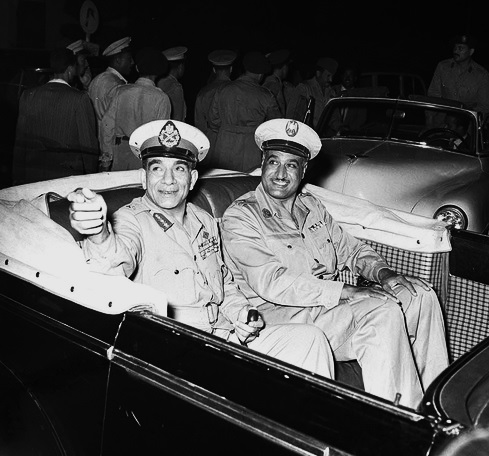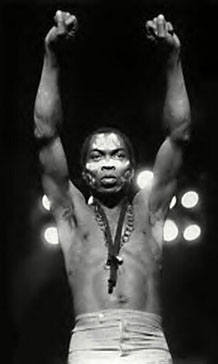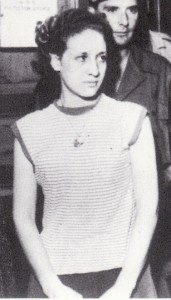
Naguib and Nasser at the 1954 Anniversary of the Revolution
Egypt is a country that not many people know about. Many people probably assume that the only history that Egypt had was pyramids, pharaohs, and mummies. However, there is much more to it than that. Just in 1952 they actually had a revolution. The two leaders of this revolution were Muhammad Naguib and Gamal Abdel Nasser. The whole thing started when the people wanted to overthrow King Farouk, but it soon became about more than just overthrowing the king.
Muhammad had a very extent military background so he was very familiar with how the politics in Egypt worked. He joined the Free-Officers Movement and worked his way up until he became the Major-General. Of course all of this was in secrecy. The Free-Officers were young men in the military who formed together to overthrow King Farouk. Naguib was a very important part of the Free-Officers Movement. He was basically the face of the movement in the eyes of the people. He talked to prime ministers, generals, colonels, peasants, and just about everyone else who wanted to overthrow the king. Naguib seemed to be a very persuasive person and could talk anyone into anything. With the help of his good friend Gamal, they managed to overthrow the king quite peacefully. After the overthrowing and exile of the king, Naguib became the first president of Egypt.
Gamal met Naguib when they were in the Free-Officers Movement. Gamal was actually the Colonel of the Movement and as Naguib slowly worked his way up to Major-General, Naguib ad Colonel Gamal became very close friends. They are both considered to have played the biggest part in the Revolution of 1952. Gamal had a very impressive military background and served in countless wars. After him and his friend overthrew the king, he became the second president of Egypt.
Naguib and Nasser like a lot of friends, had their disagreements, but their disagreements ended their friendship. Right after the Revolution Naguib was sworn to office, but also became the prime minister and chairman of the RCC (Revolutionary Command Council). Nasser formed a government of mostly important army officials. Naguib’s political career was no the most popular. He basically just surrounded himself with his colleagues and stopped caring about “The People” of his country. As you might guess, this move was not very appreciated by most people. The RCC started to realize this and did not like it. They soon started clashing ideas with him and that’s when he had a realization. He seemed to drastically change his mind and suddenly thought that the army should have nothing to do with the government and they should only be there to protect the civilians ruling it. The RCC ad Nasser strongly disagreed with this. Nasser thought that if they pulled the army out of politics, that it would allow for parties like “The Muslim Brotherhood” to regain power. This is where their major conflict started. Nasser publicly accused Naguib of supporting “The Muslim Brotherhood” and tried to turn everyone on him and eventually it worked. Nasser made everyone think that Naguib supported “The Muslim Brotherhood” and he was forced to resign and Nasser took the presidency, prime minister position, and chairman of the RCC. In 1954 an assassin tried to kill Nasser at a rally, but missed all eight shots, so Nasser calmly stood up and kept speaking and the people slowly started to stop panicking and loved every word he said. Nasser knew what the people wanted and did everything the people wanted. Nasser was a much better president than Naguib and really turned Egypt around.
-Austin Groff









